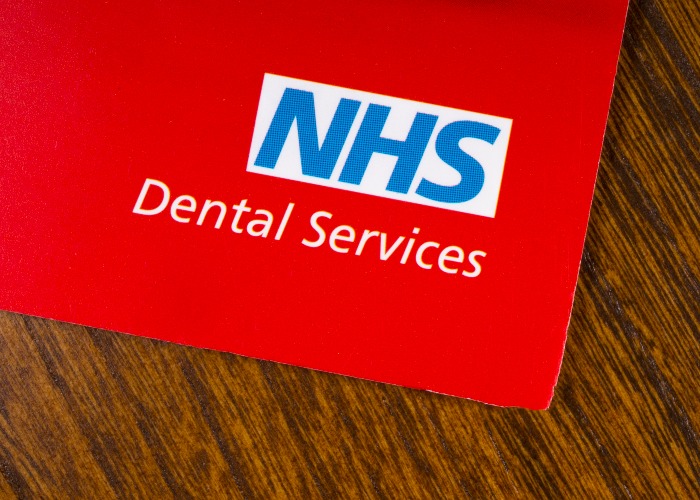How to get cheaper dental treatment

Are you struggling to pay for a trip to the dentist? Find out what the affordable options are.
Sections
So what's the problem?
Many people have been complaining about NHS dentists for years – or rather, the lack of them. And Government reforms seem to have made the situation worse rather than better.
In England and Wales, there is a three-tiered payment structure. Within each tier of the payment structure, dentists now receive a set NHS fee, whether they carry out complex work or simple procedures.
And this has led to many scaling back the NHS treatment they provide, so they can concentrate on private work, which they can price individually and which generates bigger profits.
The situation is quite different in Scotland and Northern Ireland.
Do I qualify for NHS treatment?
All British citizens are still entitled to NHS dental care. However, this doesn't mean the treatment is free of charge.
People in England and Wales have to pay one of three NHS charges, depending on the amount of treatment they need.
And this is where it gets confusing – because the charges in England are different from the charges in Wales – and in Scotland and Northern Ireland totally different payment systems apply.
Here's a quick breakdown of what to expect:
|
England |
Wales |
What this covers |
|---|---|---|
|
£22.70 |
£14.30 |
A check up, diagnosis and preventative care such as scale and polish |
|
£62.10 |
£46 |
Treatment in the previous band plus fillings, root canal treatment and extractions |
|
£269.30 |
£199.10 |
Treatment in first two bands and also covers more complex procedures such as crowns, dentures and bridges |
Dentists in Scotland and Northern Ireland are not subject to these charges.
In Scotland: Initial NHS dental examinations are free for everyone. NHS patients then pay for 80% of the cost of any further treatment, up to a maximum of £384.
In Northern Ireland: NHS patients pay for 80% of the cost of all treatment including the initial examination, up to a maximum of £384.
And of course, all this only applies if you can actually find an NHS dentist in the first place.
Good to know
• Unfortunately, a surgery can turn you away if it has no NHS appointments available, but...
• It can't impose conditions on your NHS treatment. For example, it can't insist you have a private check up beforehand.
• If you need emergency, ‘out of hours' work done, the charge in England and Wales is the same as the lowest band for NHS charges. In Scotland and Northern Ireland, it's the same as for other NHS treatment.
• Dentists are required to give you a copy of your treatment plan, and details of how much everything will cost - so make sure you get hold of all the paperwork.
• You only pay one charge for each course of treatment, no matter many visits it takes. To find a dentist currently taking on NHS patients, try the NHS Choices website.
Can I get free dental treatment?
Various groups are entitled to free UK dental treatment, including those who are:
• 18 years old and in full-time education
• Pregnant or have had a baby in the last 12 months
• Receiving certain benefits
What dental work is not included on the NHS?
The NHS contract is to treat oral health, but not to improve the look of your teeth. So if what you want done is cosmetic – like teeth whitening – you'll almost certainly have to go private.
For the same reason, if you have a filling on the NHS it will often be amalgam (ie silvery-blackish). If you want sparkly white fillings, you'll probably have to pay extra for alternative private treatment.
And remember: unlike NHS charges, private rates are set by individual dentists, so make sure you ask how much it's all going to cost before the drilling starts!
The alternatives:
If you can't find an NHS dentist to help you, here are a couple of alternative suggestions:
The international option: More people are now choosing to travel abroad for private treatment. Even taking into account the cost of flights and hotels, this can work out a whole lot cheaper.
Several Eastern European countries, such as Hungary, have become particularly popular in recent years.
Of course, care should be taken in choosing an overseas dentist (or one in the UK, for that matter!) so try and get some personal recommendations.
Dental hospitals: There are several dental hospitals in the UK that offer dental care by students, and it's usually much cheaper that the private equivalent.
It's all done under close supervision from senior dental staff, so you don't need to panic about amateurs attacking you with drills!
Each hospital operates its own booking and payments structures though, so contact your nearest one to find out exactly what's on offer.
Comments
Be the first to comment
Do you want to comment on this article? You need to be signed in for this feature